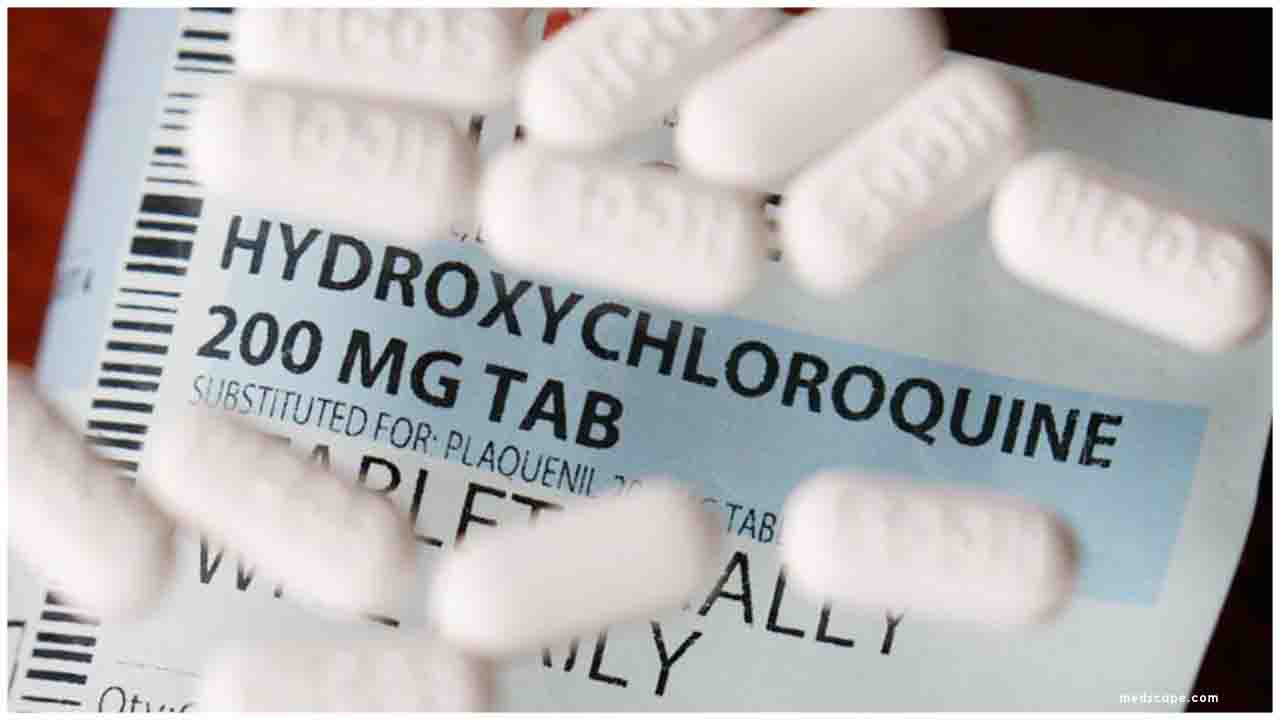WHO today accepted the recommendation from the Solidarity Trial’s International Steering Committee to discontinue the trial’s hydroxychloroquine and lopinavir/ritonavir arms. The Solidarity Trial was established by WHO to find an effective COVID-19 treatment for hospitalized patients.
The International Steering Committee formulated the recommendation in light of the evidence for hydroxychloroquine vs standard-of-care and for lopinavir/ritonavir vs standard-of-care from the Solidarity trial interim results, and from a review of the evidence from all trials presented at the 1-2 July WHO Summit on COVID-19 research and innovation.
These interim trial results show that hydroxychloroquine and lopinavir/ritonavir produce little or no reduction in the mortality of hospitalized COVID-19 patients when compared to standard of care. Solidarity trial investigators will interrupt the trials with immediate effect.
For each of the drugs, the interim results do not provide solid evidence of increased mortality. There were, however, some associated safety signals in the clinical laboratory findings of the add-on Discovery trial, a participant in the Solidarity trial. These will also be reported in the peer-reviewed publication.
This decision applies only to the conduct of the Solidarity trial in hospitalized patients and does not affect the possible evaluation in other studies of hydroxychloroquine or lopinavir/ritonavir in non-hospitalized patients or as pre- or post-exposure prophylaxis for COVID-19. The interim Solidarity results are now being readied for peer-reviewed publication.
The World Health Organization held a two half-day virtual summit on 1 and 2 July, to take stock of the evolving science on COVID-19 and examine the progress made so far in developing effective health tools to improve the global response to the pandemic.
The event brought together researchers, developers and funders from all over the world, all of whom shared approaches and raw data freely, in a show of solidarity from the global science community. All major research institutes carrying out trials shared their data with a view to speeding up scientific discovery and implementation of solutions.
The group reviewed the latest data from the WHO Solidarity Trial and other completed and ongoing trials for potential therapeutics: hydroxychloroquine, lopinavir/ritonavir, remdesivir and dexamethasone. They agreed on the need for more trials to test antivirals, immunomodulatory drugs and anti-thrombotic agents, as well as combination therapies, at different stages of the disease.
The meeting analyzed 15 vaccine trial designs from different developers and criteria for conducting robust trials to assess the safety and efficacy of vaccine candidates. Participants discussed the use of a global, multi-country, adaptive trial design, with a common DSMB, and clear criteria to advance candidates through the various stages of trials.
They noted that most internationally funded research projects have so far favored high-income countries, with very few funded in low- and middle-income countries, highlighting the importance of the ACT-Accelerator Initiative to speed up the development and equitable deployment of COVID-19 tools.
More evidence is emerging that transmission from humans to animals is occurring, namely to felines (including tigers), dogs and minks

 Finally WHO discontinues HCQ and Lopinavir/Ritonavir
Finally WHO discontinues HCQ and Lopinavir/Ritonavir 






.jpeg)





.jpeg)







.jpeg)




.jpeg)
.jpeg)








